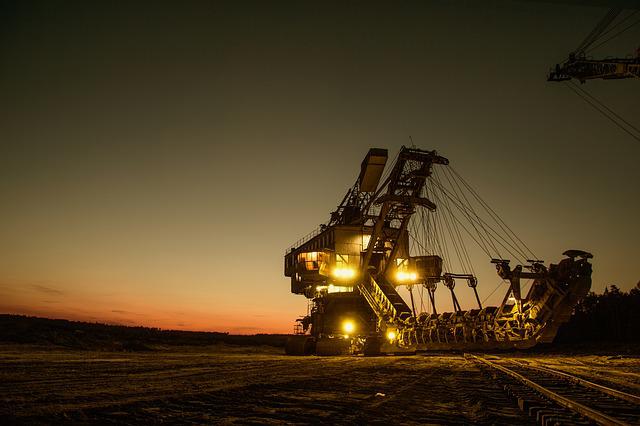
Pensana, a UK-based rare earths developer, has started construction of its $195m Saltend rare earth processing hub in Hull, England.
Located in the Humber Freeport in East Yorkshire, the refinery will produce critical components for electric vehicle and offshore wind original equipment manufacturers. The facility will be powered by offshore wind.
Pensana expects to begin production at the Saltend rare earth processing hub in late 2023 following a 12-month construction period. The facility will be ramped up to full capacity in 2024.
The rare earths developer is targeting the production of 12,500 tonnes of separated rare earths. This would include 4,500 tonnes of the highly important magnet metal rare earths such as neodymium and praseodymium (NdPr), which are expected to make up more than 5% of the world supply in 2025.
The Saltend rare earth processing hub will involve more than 450 people for its construction and 125 long-term jobs for its operations.
Pensana chairman Paul Atherley said: “It is a great privilege to have broken ground on the world’s first independent and sustainable rare earths separation plant.
“This is a huge milestone for both Pensana, the Humber region and the UK, as part of our ambition to establish a critical magnet metals supply chain to secure the green energy transition.”
The company also announced securing funding for the development of the Saltend rare earth processing hub under the British government’s £850m Automotive Transformation Fund (ATF).
UK Department of Business, Energy and Industrial Strategy Secretary of State Kwasi Kwarteng said: “Pensana breaking ground today has been made possible in part through government support and shows how our plans to secure an internationally competitive electric vehicle supply chain in the UK continues to gain momentum.
“This incredible facility will be the only of its kind in Europe and will help secure the resilience of Britain’s supplies into the future.”


